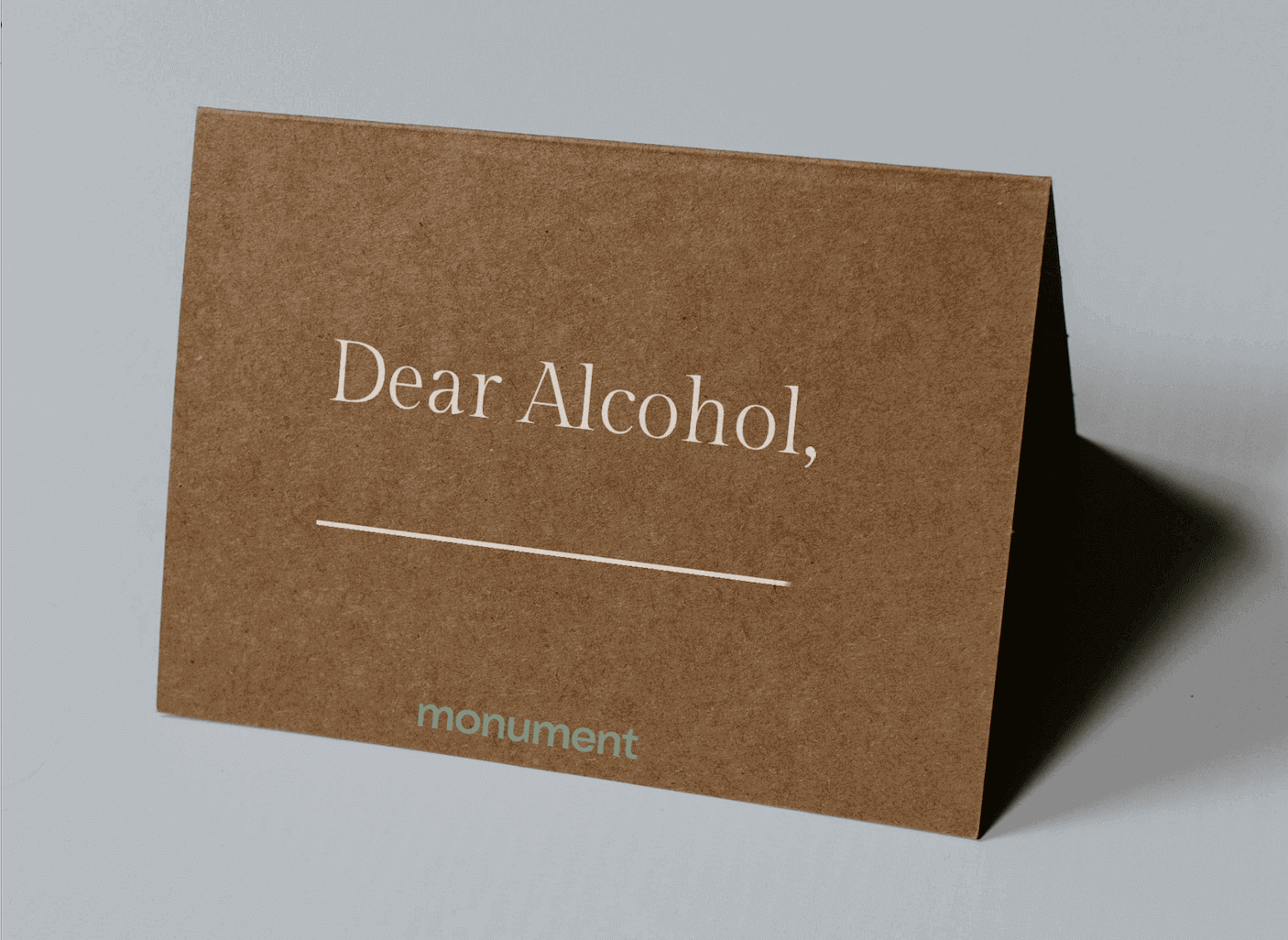[thumbnail] Everyone has their own complex relationship with alcohol. No matter what that looks like, we should all be able to talk about it free of judgment. But we know that’s not always an easy thing to do. It takes a ton of self-reflection, a lot of bravery, and often, some encouragement and support. SoContinue reading “Monument Nominates YOU To Write A Letter To Alcohol”
Monthly Archives: July 2020
How I Developed A Nighttime Routine While Isolated And Alcohol-Free
When I stopped drinking, I had strange, repetitive dreams — like planes crashing around me and not breaking — and I woke up frequently in the middle of the night. Like many folks in early recovery, I struggled with depression. I stayed up late and craved alcohol when I should’ve been sleeping. I felt exhaustedContinue reading “How I Developed A Nighttime Routine While Isolated And Alcohol-Free”
Can I Drink In Moderation? Ask Yourself These Questions.
As a therapist specializing in substance use, one of the most common questions I’m asked is, can I moderate my drinking, or should I quit altogether and be sober? In short, there’s no one-size-fits-all answer. The path to changing your relationship with alcohol is deeply personal. What I’ve come to find is that no matter which route you take,Continue reading “Can I Drink In Moderation? Ask Yourself These Questions.”


